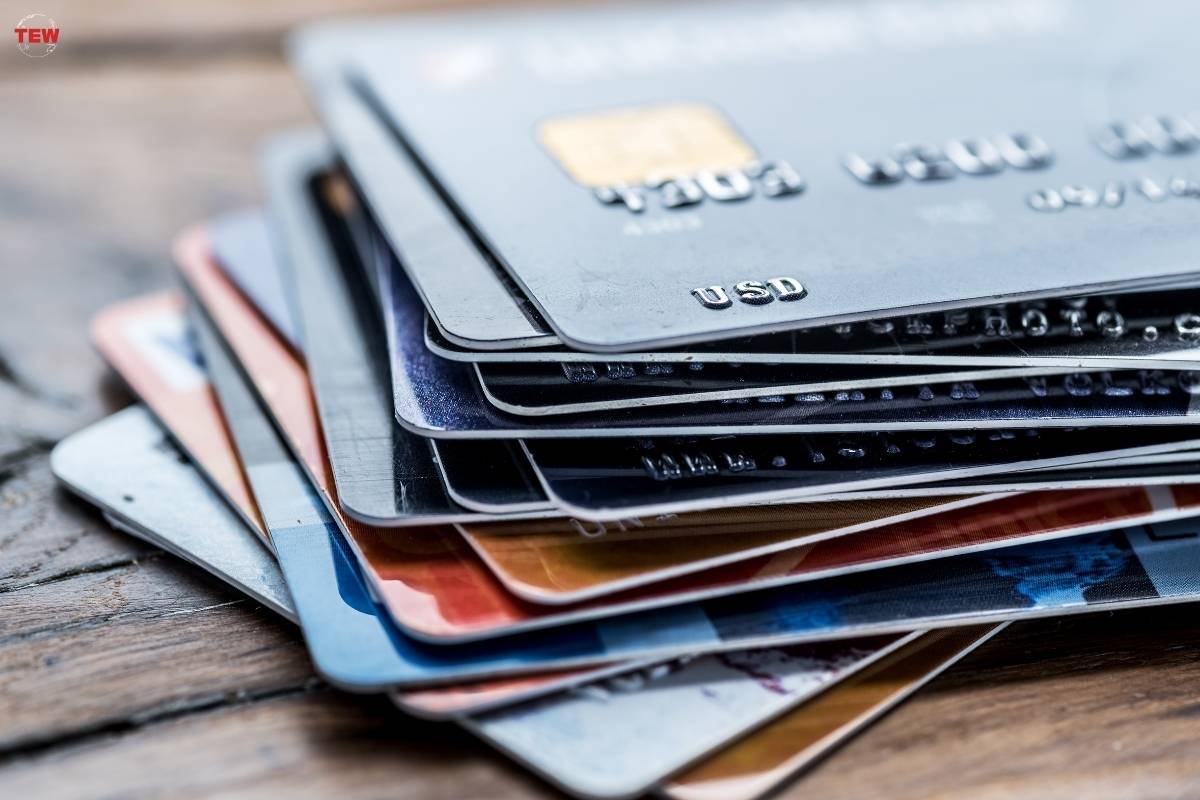Source-unsplash
In the financial journey toward stability and opportunity, establishing a solid credit history is a critical step. For those just beginning or needing to repair their credit, the path might seem unclear. However, guaranteed approval credit cards offer a clear route to building or rebuilding credit. This guide will explore the ins and outs of these cards and provide a blueprint for using them to lay the foundations of a healthy credit score.
The Role of Guaranteed Approval Credit Cards in Credit Building
Guaranteed approval credit cards, often secured by a cash deposit from the user, are designed specifically for individuals with little to no credit history or those recovering from past credit mistakes. Here’s how these cards can be instrumental in building your credit from the ground up:

- Immediate Access: They provide an accessible way to start using credit, especially for those who may not qualify for traditional unsecured cards.
- Credit Utilization Management: With typically low credit limits, they help users practice managing their credit utilization ratio, a key factor in credit scoring.
- Positive Reporting: Responsible use of these cards (like timely payments) gets reported to credit bureaus, positively impacting your credit score over time.
Step-by-Step Guide to Building Credit with Guaranteed Approval Credit Cards
If you’re looking to build or repair your credit score, follow these steps:
1. Carefully Select Your Card
Dive into research to find a card that not only reports to all three major credit bureaus but also aligns with your financial goals. Look for cards with minimal fees, reasonable interest rates, and features like credit monitoring tools or the ability to upgrade to an unsecured card. This initial choice is foundational to your credit-building journey.
2. Thoroughly Understand the Card’s Terms
Before committing, make sure you’re fully aware of all the terms associated with the card. This includes understanding the annual fees, interest rates, and the deposit amount required. Knowing these details upfront can help you avoid surprises and plan your finances more effectively.
3. Determine an Appropriate Deposit

Your deposit typically sets your credit limit, so choose an amount that is within your financial reach but also high enough to be practical for everyday expenses. This balance ensures you can use the card regularly without straining your budget.
4. Regular, Mindful Usage
Use the card for small, routine purchases to demonstrate consistent, responsible credit activity. This approach helps build your credit history without leading to overspending. Aim to keep your credit utilization low to positively impact your credit score.
5. Adhere to Timely Payment Practices
Establishing a track record of on-time payments is crucial for improving your credit score. Consider setting up automatic payments to ensure you never miss a due date. If possible, pay off the balance in full each month to avoid interest charges and prove your creditworthiness.
6. Monitor Your Credit Score and Report
Keep a close eye on your credit score and the details of your credit report. Regular monitoring not only helps you track your progress but also allows you to catch and dispute any inaccuracies or fraudulent activities early on.
7. Consider Increasing Your Deposit Over Time
If your card issuer allows, gradually increasing your deposit (and therefore your credit limit) can further improve your credit utilization ratio. This is seen positively by credit bureaus and can lead to a higher credit score.
8. Plan for the Next Steps in Your Credit Journey
As your credit improves, start planning for future financial products that can further enhance your credit score. This might include applying for an unsecured credit card or seeking a credit limit increase on your existing card, both of which can provide new opportunities for credit growth.
Avoiding Common Pitfalls

Navigating the journey with guaranteed approval credit cards demands vigilance to sidestep common pitfalls that can hinder progress:
1. Falling into the Trap of Overspending
The convenience of a credit card can tempt one into spending beyond their means, especially when trying to maximize rewards or benefits. To prevent this, it’s crucial to budget carefully, considering your ability to repay and keeping expenditures well within your credit limit. Treat your credit card as a tool for building credit, not as an extension of your income.
2. Neglecting Timely Payments
Late payments can significantly damage your credit score, undoing much of the progress you’ve made. This pitfall underscores the importance of setting reminders or automating your payments to ensure they’re always on time.
3. Succumbing to the Allure of Multiple Applications
While it might be tempting to apply for several cards to increase your available credit, each application can result in a hard inquiry that temporarily dings your credit score. Furthermore, managing multiple accounts can become overwhelming, increasing the risk of missed payments. Strategically space out credit applications, focusing on cards that offer the most benefit to your credit-building efforts.
In Conclusion
Guaranteed approval credit cards are powerful tools for building or repairing credit. By following a disciplined approach to using these cards, you can gradually establish a strong credit history. Remember that building credit is a process that requires patience and consistency.


















